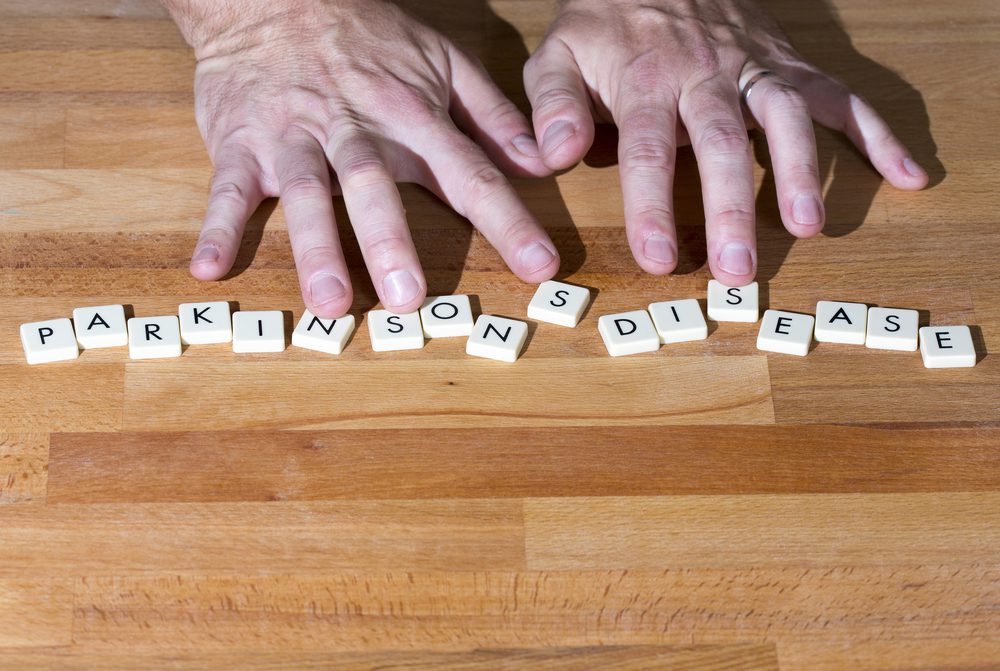If you ask any specialist or doctor about debunked myths related to Parkinson’s disease, they will answer with a question of their own. There are so many misconceptions and myths that have become so common amongst people that it is impossible to cover them all in one sitting. However, there are some that have actually been debunked and people are still going on about them.
It is crucial that we talk about these insistent misconceptions and, to be real, lies that surround this condition. This is so that we ensure that patients who live with Parkinson’s not only get the best treatment possible but that they also don’t end up believing some of these myths themselves.
Continue reading to find out more about Parkinson’s disease and about the most common myths that surround it, as we debunk them together!

What is Parkinson’s Disease?
Before we dive right into the myths and misconceptions that surround Parkinson’s disease, we should establish what doctors say about this condition and what is known as fact about it. The fact of the matter is that there are more than one million people in America that are living with this condition, so it is not as uncommon as some people make it seem.
This disease is a neurodegenerative one, that affects someone’s motor abilities. It’s also more common in people over the age of 65, and it takes away your ability to move, making it difficult to even stand still at times, but it frequently leaves those affected with an awkward and slow way of walking, tremors, rigid arms and legs, shuffling, and a general lack of balance.
No one knows what causes Parkinson’s disease, as specialists have seen cases where it suddenly appears, while for others it’s hereditary. What causes this condition is the fact that some brain cells in the part of the brain that is tasked with reward and movement (the black matter or “substantia nigra”) die. These cells are responsible for creating dopamine, the chemical that aids in controlling muscle movement.
Now that we know what this disease is and what it is caused by, let’s get into the debunked myths!
Debunked Myth 1: You will die from Parkinson’s disease!
This is definitely not true and has been debunked a number of times.
While no one is happy to be diagnosed with Parkinson’s disease, and it is a very serious and devastating piece of news to find out, it is not like someone’s giving you a death sentence. It is just something that people who fear and do not understand the disease keep saying.
As opposed to a heart attack or a stroke, Parkinson’s isn’t a direct killer, and you aren’t going to just NOT wake up one day due to it. Despite this, it is a very serious condition, and your quality of life is dependent on the quality of care that you can get from both yourself and the medical team that is going to work with you.
Due to the fact that diseases progress on their own terms, there’s no way to see how the condition will advance or when it will get worse, but unfortunately, it definitely will. And with its progression, people get weaker and weaker, which makes them more vulnerable to falls, which can end up being very dangerous (even for healthy people, an ill-timed fall can end up being fatal).
Besides the possibility of a fall, one other silent “killer” you should look out for is infection. In the later stages of Parkinson’s, infections can appear. However, they end up not being spotted until too late. In some cases, the signals are not as easy to observe as in other cases. And in certain cases, neither you nor your team will be able to notice anything being different until it’s too late.
This is why you should be careful, as untreated infections can actually cause problems as serious as death, so you should never miss a checkup and stay alert and on top of your condition.

Debunked Myth 2: Parkinson’s “just” a motor condition.
As we discussed earlier in what Parkinson’s disease entails, there are indeed a number of motor ailments that are associated with the disease, such as tremors, shaking, slow movements, and the inability to change expressions, which can cause a facial expression that seems frozen in place or rigid muscles. However, the disease is not just about this. If anything, some patients would tell you that they would like for it to be just that.
Research into the condition has lately been focusing on the nonmotor symptoms that have been slightly neglected, as researchers and doctors used to focus on the motor ones first and foremost. It would come as a surprise that there are a number of mental symptoms or associated diseases that you can develop due to Parkinson’s. These include, but are not limited to, dementia and cognitive impairment (only in advanced stages), fatigue, sleep issues, depression, and anxiety.
For most patients, the focus of their treatment is on the motor symptoms, but some end up confessing that the nonmotor ones are, at times, even more disabling! This is why you should not disregard a talk with your doctor about all the symptoms you are developing, including the nonmotor ones.
Debunked Myth 3: DBS (Deep brain stimulation) is just “experimental” therapy and dangerous.
DBS, or deep brain stimulation, is a type of therapy used to help patients when the medications they use stop being as effective in masking their motor symptoms. It involves doctors placing electrodes in the brain so they can help the brain wire itself to help with symptoms such as slow movements, tremors, or even stiffness.
For some, it sounds so frightening and futuristic that they are spreading the myth that it is just an experimental therapy and therefore dangerous when that could not be further from the truth. DBS has been a standard procedure in advanced cases for the past twenty years, and that’s because the procedure is definitely safe.
It works in a similar way to a pacemaker, only instead of aiding the heart, it aids the brain. You wouldn’t tell a person with a heart condition not to get a pacemaker, so this shouldn’t be anything different.
Debunked Myth 4: Medications for Parkinson’s give you symptoms.
This myth has been debunked time and time again, yet for some reason, it keeps persisting in our collective society. This preconceived notion is that the medicine used to alleviate symptoms of Parkinson’s disease is toxic and causes accelerated progression of the condition, yet it is simply false.
The drug used is called Levodopa, and it is used to help patients that have motor symptoms so they can keep them in check and be less bothersome. Indeed, it is a potent drug, but it is not dangerous; otherwise, the FDA would have banned it. Somewhere along the lines, some people started spreading the idea that it is the main reason why Parkinson’s progresses faster, thus hurting patients.
Not only was this taken very seriously decades ago, but there was also a large clinical trial conducted again, where some people were given Levodopa and others a placebo drug. The results showed that not only did the drug not cause any complications or acceleration of the symptoms, but it actually proved that those who were taking them had fewer problems due to their motor issues.
If anything, saying that the drug that helps patients feel better is toxic and it’ll hurt them can end up making people not get the relief they desperately need. This myth has been debunked time and time again. The bottom line is that, while levodopa will not cure someone of Parkinson’s, it can at least help the patient have a better quality of life.

Debunked Myth 5: The only way to combat Parkinson’s is through medication.
This myth is a very old one, starting from the days when people were convinced that nothing they could personally do would help their situation. It is true that the medication given can help with the symptoms. However, there are ways in which you can actively participate in helping yourself.
One of the first things you can do is to keep yourself as active as possible! Recent studies have shown that Parkinson’s patients who took part in exercise sessions on a regular basis (weekly for at least one hour), ended up being less stiff, which allowed them to move more during day-to-day activities.
There are lots of things you can do to make sure you slow down the progression of losing your motor skills, so don’t fall prey to the idea that there’s nothing else you can do besides taking the medication. Of course, it’s going to be hard, but the results are better than being entirely dependent on someone else.
Debunked Myth 6: The research into Parkinson’s has stalled and there’s nothing else to be done.
Even though it may seem like there is nothing being done to advance knowledge on Parkinson’s or the search for a possible cure, we assure you that researchers and doctors have never stopped their quests. Yes, it seems like there are no new dramatic discoveries. However, there have been a number of breakthroughs in understanding the pathology and mechanism of the disease.
Yet, these clinical trials not only take time to be conducted and the data needs to be analyzed, but they also take quite a while before they translate into physical clinical results. The research is ongoing and never stops, but we all have to be patient and keep an eye on the medical news and journals.
Debunked Myth 7: If you have tremors, you must have Parkinson’s.
Indeed, the most common and easily recognizable symptom is tremors. Yet, just because it is a prominent symptom, we shouldn’t jump to conclusions and start labeling everyone with tremors as a Parkinson’s patient. Some people who have the condition don’t actually exhibit tremors, and there are other reasons why people get tremors that are completely unrelated to Parkinson’s.
A general rule of thumb is to not stereotype people and make hasty assessments. You wouldn’t like it if it happened to you.
Find out more about other health conditions that interest you here!







2 replies on “Doctors Debunked These 7 Myths About Parkinson’s”
You
Are absolutely right on target! Everything I have learned over years agrees with all that covered. Keep up with the good work. People need to be educated!!
My husband has passed away and I am trying to do all I can to tell people the truth about the disease.
Becky
Thank you for this information.